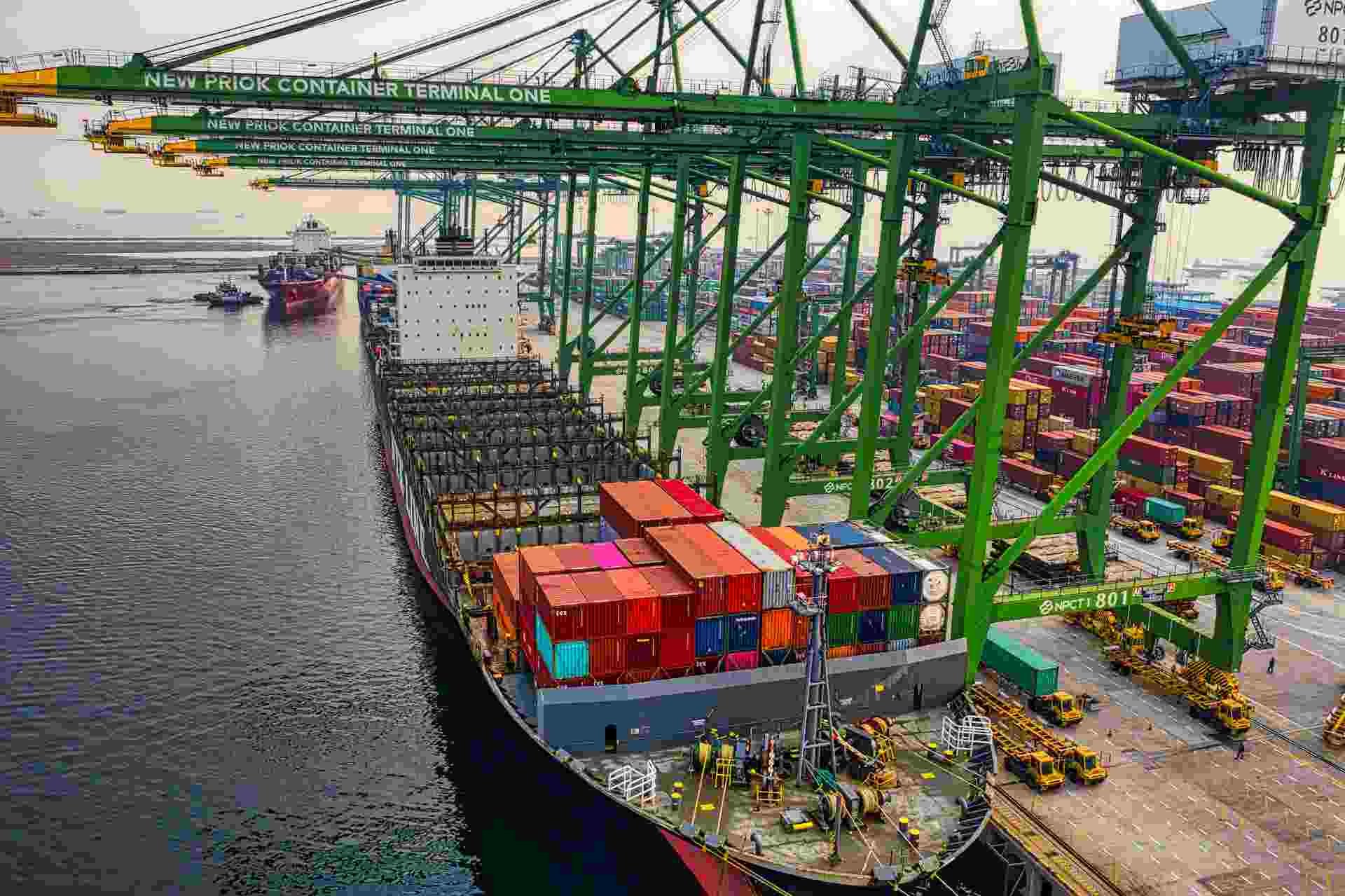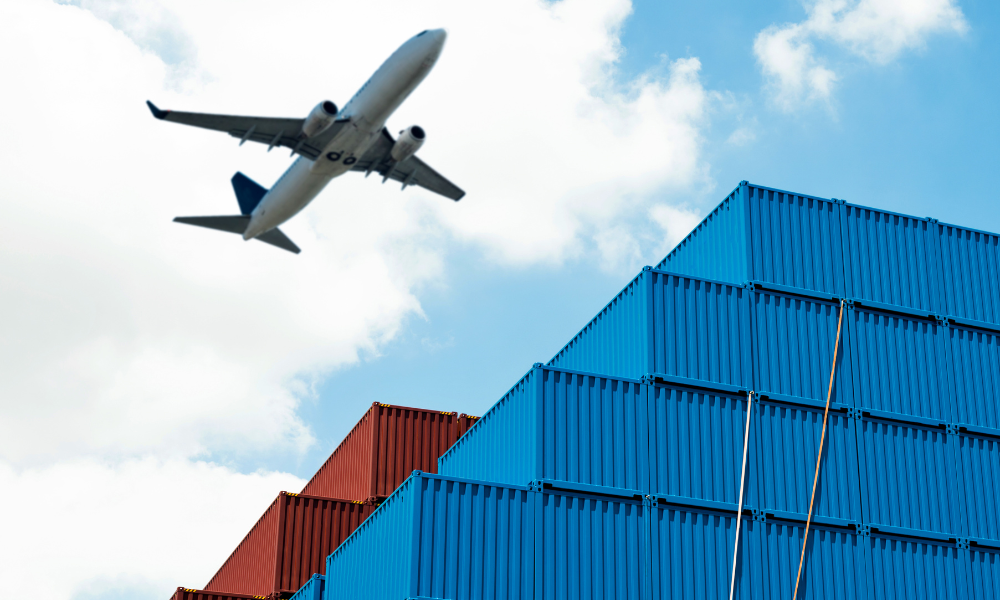The global logistics landscape is experiencing unprecedented transformation in 2025, with recent trade policy announcements and major industry restructuring forcing freight forwarders worldwide to reimagine their global logistic network strategies. As businesses navigate mounting uncertainties, the value of robust freight forwarder networks has never been more apparent.
Breaking: Trump Administration's August Tariff Rollout Sends Shockwaves Through Global Trade
President Donald Trump unveiled new duty rates set to begin August 1, 2025, in separate letters shared on social media, with the U.S. detailing rates it will impose on imports from certain countries. The announcement has created immediate ripple effects across international freight forwarding service providers and their clients.
Stateside imports from Vietnam will be subject to a 20% tariff under the agreement, while the stated levies, including 50% for copper, would add to the list of sector-specific tariffs the Trump administration has introduced this year. These developments are forcing businesses to rapidly recalibrate their supply chain strategies and seek more adaptive global forwarding freight solutions.
Impact on Port Operations
The effects are already visible at major U.S. ports. The effects of international tariffs are being felt at the Port of Oakland, which saw a 10.1% drop in overall shipping volume in June compared to the previous month. Conversely, the Port of Los Angeles expects to handle 950,000 TEUs in July, up from June's 892,000 TEUs as shippers bring in imports before Aug. 1, demonstrating how anticipatory cargo movements are straining network logistics infrastructure.
UPS Restructuring Signals Industry-Wide Transformation
In a move that underscores the challenging operating environment, UPS plans to cut roughly 20,000 positions throughout its U.S. network in 2025 as the carrier moves forward with its plan to slash its Amazon volume by half. The carrier also plans to close 73 facilities by the end of June due to the ongoing Amazon volume reduction.
This restructuring reflects broader pressures facing the logistics network group sector, where companies are being forced to optimize operations while maintaining service quality. For international logistics network participants, UPS's strategic pivot away from low-margin volume demonstrates the importance of focusing on profitable partnerships and premium services.
The Rise of Digital-First Freight Forwarding Networks
Amid these disruptions, forward-thinking network freight forwarders are embracing digital transformation to build resilience. Digital Freight Alliance is a network of freight forwarders, spearheaded by industry giant DP World. With a global presence spanning 190 countries, DF ALLIANCE swiftly rose to prominence, boasting a membership exceeding 8,000 freight forwarders worldwide.
This trend toward independent logistics network formation is accelerating, with companies recognizing that traditional asset-light models may not provide sufficient control during periods of high volatility. DP World has inaugurated the latest in a string of more than 100 freight forwarding offices across the world, marking a significant expansion aimed at supporting customers navigating the complexities of global trade.
Why Network Collaboration Is More Critical Than Ever
The current environment is validating the importance of strong freight forwarding networks worldwide. Several factors are driving this trend:
Enhanced Risk Management: Fuelled by global trade disruptions, businesses are now prioritising dynamic strategies to build resilience into their supply chains. Global freight forwarders within established networks can leverage collective expertise to navigate complex regulatory changes.
Technology Integration: Modern free freight forwarding network platforms are incorporating AI-driven optimization tools. AI tools can analyze vast amounts of real-time data to predict demand, optimize routes, and reduce delivery times, giving network members competitive advantages.
Financial Protection: Leading world logistic network organizations now offer comprehensive financial protection programs. These safeguards are essential as businesses face heightened counterparty risks in volatile markets.
Market Growth Projections Paint Optimistic Picture
Despite current challenges, industry analysts remain bullish on the global forwarding sector's long-term prospects. The freight forwarding market is a vital cog in the global economy, facilitating the movement of goods across borders, with significant growth expected as international trade continues expanding.
In 2025, advanced technologies will redefine the logistics and supply chain industry. Digital freight platforms, which connect shippers and carriers in real time, will also expand. This technological evolution is creating new opportunities for logistics network group ltd entities to deliver enhanced value propositions.
Strategic Implications for Freight Forwarders
The convergence of trade policy uncertainty, technological advancement, and industry consolidation is creating both challenges and opportunities for network global logistics providers:
Diversification Imperative: Companies are accelerating efforts to diversify their sourcing strategies and reduce reliance on single suppliers. This trend benefits international freight forwarding service providers with broad geographic coverage.
Premium Service Focus: Following UPS's example, many logistics providers are prioritizing higher-margin services over volume-driven strategies. This shift favors global logistic network members who can offer specialized expertise and value-added services.
Technology Investment: The focus has remained on practical applications that yield incremental improvements in operational efficiency. Networks that invest in digital capabilities will be better positioned for sustainable growth.
Looking Ahead: Building Resilient Global Networks
As we navigate the remainder of 2025, the freight forwarding industry's ability to adapt will determine winners and losers. The most successful global forwarding freight providers will be those that:
- Leverage technology to provide real-time visibility and control
- Maintain diverse, geographically distributed partner networks
- Offer flexible solutions that can quickly adapt to changing trade policies
- Provide comprehensive risk management and financial protection
The current disruptions, while challenging, are accelerating positive changes within the industry. Companies that embrace collaborative freight forwarder international networks and invest in digital capabilities will emerge stronger from this transformative period.
Bottom Line: The volatile trade environment of 2025 is proving that isolated logistics operations are vulnerable, while well-connected global forwarding networks provide the resilience and adaptability needed to thrive. For freight forwarders, the message is clear: the future belongs to those who collaborate, innovate, and build comprehensive global partnerships.
Stay informed about the latest developments in global logistics by connecting with industry-leading logistic network providers that offer the tools, technology, and partnerships needed to navigate an increasingly complex trade environment.




